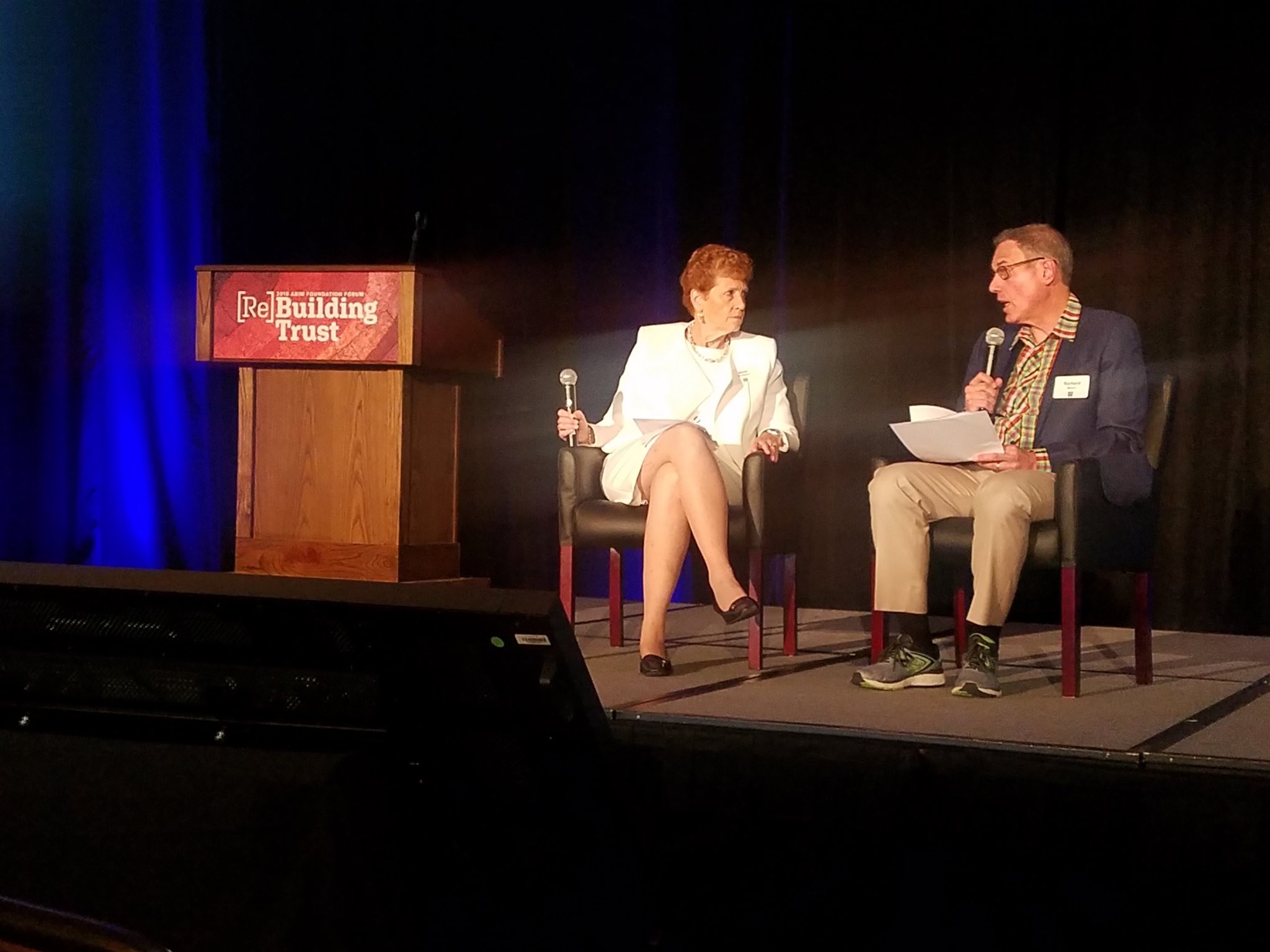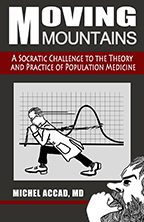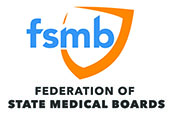Shortly after our survey was being circulated, the American Board of Medical Specialties introduced their own survey on Board certification to pre-chosen "stakeholders" on Board certification. In July 2018 they announced the results of their survey. They had received responses from "36,392 people, including 34,616 physicians, 1,373 non-physician providers and stakeholders involved in the delivery of health care, and 403 members of the general public." To the best of my knowledge, the text of their survey was not made available to the public.
Since we were waiting the reviews of PPA's survey for months, we were prohibited from publishing our results. After considering the reviewers' comments (which were very thoughtful), I think the odds of ever publishing such a survey of this type in a peer-reviewed scientific journal are low. Hence, the board of PPA has allowed me to announce the results of our survey publicly via this blog and (hopefully) Doximity so these results may be interpreted alongside the survey results reported by the American Board of Medical Specialties' Vision Commission. Admittedly, our survey asked different questions than that conducted by the ABMS, but the results are not only notable for their differences, but also for some similarities.
By way of background, here are the 32 questions we asked in the PPA survey.
Here is the full paper (with some minor edits) we submitted for peer review that was NOT accepted for publication. This pdf includes the background for the survey, the methods used, the results obtained, and a discussion of those results, as well as references, figures and tables.
Similarities of PPA survey to the ABMS Survey on Board Certification:
- Both ABMS and PPA surveys used SurveyMonkey to collect responses
- A large number of physicians responded to both surveys. Still, the PPA survey represented only 0.92% and the ABMS survey represented only 4.5% of the total US physician population in 2016. Neither survey mitigates potential under-coverage bias and non-response bias.
- In the PPA survey, 93% of physician respondents were board certified vs 96% in the ABMS survey.
- In PPA survey, 80% (4973/6004) participated in MOC; in the ABMS survey, 69 percent of respondents were currently enrolled in a primary specialty MOC program, and 33 percent are currently enrolled in a subspecialty MOC program
- Costs, burden, and the lack of true reflection of their abilities as clinicians were of significant concern to physicians in both surveys
- PPA survey used logic to limit responses from clinically-active physicians only
- PPA survey attempted to geolocate physicians by IP address and excluded non-US physicians
- PPA survey included MDs and DOs; it is unclear how many ABMS physicians were MDs or DOs.
- PPA survey was simply distributed to physicians via social media, not targeted groups like the ABMS survey. Heavy contributors to the PPA survey included members of the Pennsylvania Medical Society and Doximity.
- Discontinuation of "continuous certification" was not offered as an option in ABMS survey. Ending MOC and reverting to lifetime certification with CME was offered as an alternative in the PPA survey.
- PPA survey assessed physician perceptions of the negative consequences, contract obligations, and potential conflicts of interest of MOC; ABMS survey did not address these issues.
- PPA survey specified physician-respondents' specialties and state of origin. ABMS survey did not.
Major Findings of the PPA Survey
7007 physicians responded (52% male, 48% female)
Demographics
- Every US state was represented, with the largest being PA (910), CA (506), TX (504), FL (406) being the largest physician participants
- Responses came from 24 different subspecialites, with the largest being family medicine and pediatrics
- 19% of physicians had at least one "grandfathered" certification.
- 65% of the respondents had 10 or more years of clinical experience
- Of the physicians with initial ABMS board certification, 80% participated in MOC.
Major Findings
- 90% of all respondents thought board certification should be a lifetime credential with CME used for ongoing education.
- 95% felt MOC increases burnout.
- 53% of respondents estimated costs (direct and indirect) were more than $4000.
- 94% were unaware their data were being sold.
- 80% felt IRB and informed consent should be required for research conducted by the boards.
- 86% perceived MOC could threaten their right to work.
- 8.4% failed a recertification examination.
- Of the 394 physician that failed recertification, harms experienced included psychologic harms (more than 56%), 10% lost of hospital privileges , 5% lost their job, 8% lost insurance panel participation, and 17% plan to retire rather than retaking the re-certification examination.
I hope these data are informative and provide a balanced perspective of a large cohort of US physicians' and surgeons' perspectives on ABMS Board initial and "continuous" certification.
Physicians and others are welcome to use these data under a Creative Commons license (see below), we just ask for appropriate attribution.
-Wes
P.S.: Physicians desiring state-specific data regarding the PPA survey results are welcome to contact me via Twitter or email.

Survey of US Physicians and Surgeons Perspectives on US Board Certification by Practicing Physicians of America is licensed under a Creative Commons Attribution 4.0 International License.
Based on a work at http://www.practicingphysician.org.




